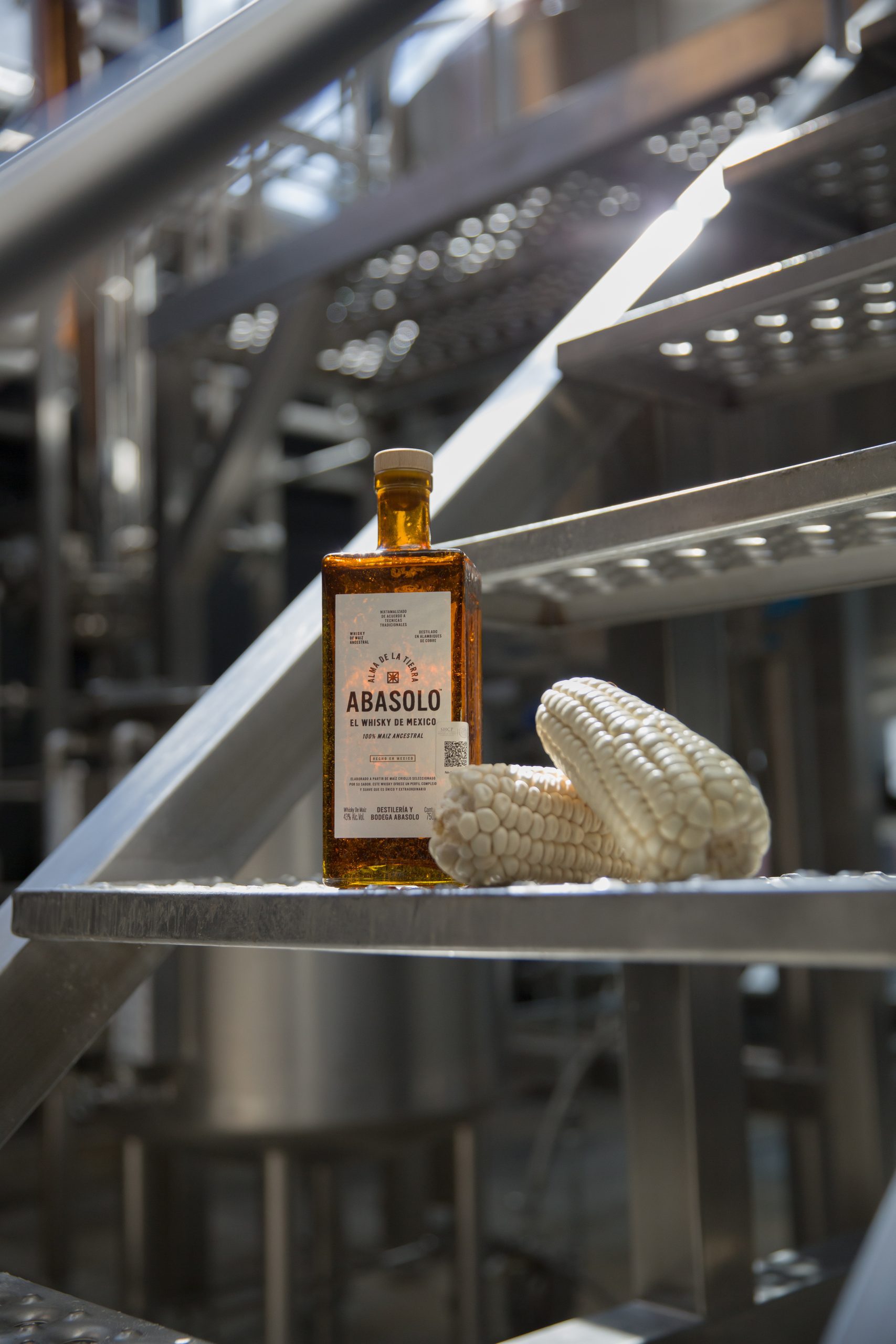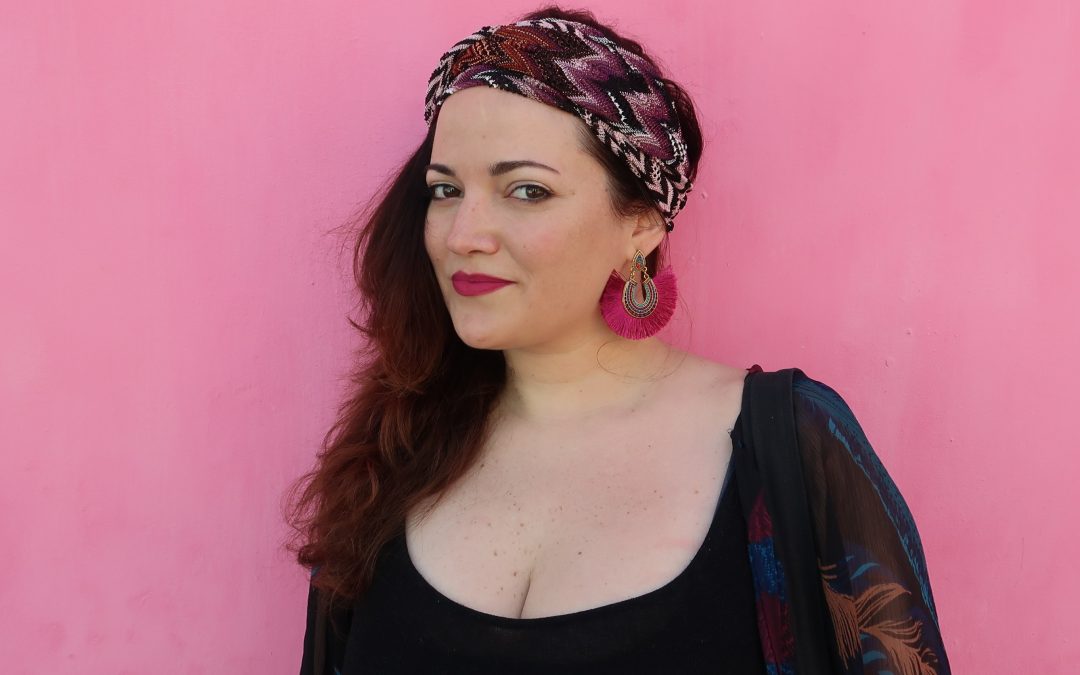Meet Camille Austin, “La Loba Alpha” Director of Advocacy at Casa Lumbre Spirits, who wants the world to know where corn came from and why Mexican whiskey is a natural extension of its agricultural and cultural heritage.
BW: What is something readers might not know about the history of distilled spirits in Mexico?
CA: Spirits in Mexico are first and foremost agricultural products, as well as creations of the land and of regional traditions. We have an incredibly diverse world of raw materials from agave of course, ranging to chiles, sugarcane, coffee, cacao, herbs and without a doubt the centerpiece of Mexican cuisine: maiz (corn).
This endless diversity gives us very vibrant and colorful sensorial experiences to choose from, charged with unique sipping rituals and drinking occasions.
BW: Tell me about Abasolo Ancestral Corn Whisky. How does the process of making this differ from other types of whiskey?
CA: Abasolo is the first whisky of its kind to use the mesoamerican cooking technique called nixtamalization in its production process.
Not only are we using incredibly flavorful 100% ancestral corn called Cacahuazintle as our raw material, we then take that heirloom corn and soak it for approximately 12 hours in an alkaline solution. This will allow that outer shell of the corn to dissolve and expose those amazing true flavors of our grain, giving it an extremely unique and robust flavor profile that really tastes like the land where it’s made.
Whisky is such a new category in Mexico but Mexico is the birthplace of corn – all corn in the world has its roots in Mexico. We knew that by having this wonderful raw material and corn tradition as part of our culture, we had to explore the possibilities of where that could take us.
BW: How did your background as a bar manager prepare you for your current role?
CA: My experience in bars, restaurants and events has given me a foundation to understand the consumer on a deeper level and how to bring unique and memorable experiences, inspired by our Mexican culture, to the field.
Regardless of what our background is, we all want to engage in the stories of the people behind what we buy, what we eat, what we drink, and the products we share with our loved ones. The hospitality industry has given me an understanding of how we can captivate different audiences with our flavors and stories.
BW: What advice do you have for women who want to work in distilled spirits?
CA: Learn, travel, and engage as much as you can with the spirits and cultures you are passionate about. It is very difficult to authentically embody any spirit or category if it’s not something you truly love.
Find an area of expertise that you are really good at (this could be specifically in education, culture, storytelling, art or even building a team) and continue to educate yourself to deeply develop those skills that are already your authentic talents.
Always lean on the people around you, others can help compliment your skills with their own talents. And remember that the spirits industry is much more than sharing delicious drinks, it’s about the stories and cultures of the people behind them.
BW: Tell me about your perfect whiskey weekend in Miami, Florida.
CA: Miami’s versatility and melting pot of Caribbean and Latin cultures has allowed categories such as whisky and other brown spirits to take on their own vibrant personality. Cocktails in the Magic City are colorful, fresh and always playful.
I can be sipping Abasolo solo on the beach one weekend, and enjoy a super creative cocktail made with tropical fruits and many fresh ingredients found year-round in the evening.
There is an incredible cocktail culture here that continues to expand. Great bars like Cafe La Trova, Sweet Liberty, The Broken Shaker, Esotico, the Four Seasons Surfside, and even La Yolanda, a new mezcaleria, continue to expand the ways in which heritage spirits can be enjoyed in a coastal city.

Photos Courtesy of Casa Lumbre Spirits

